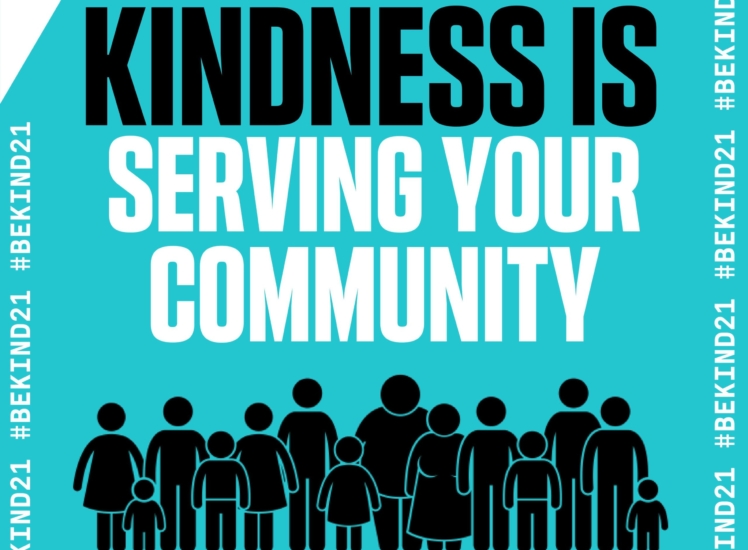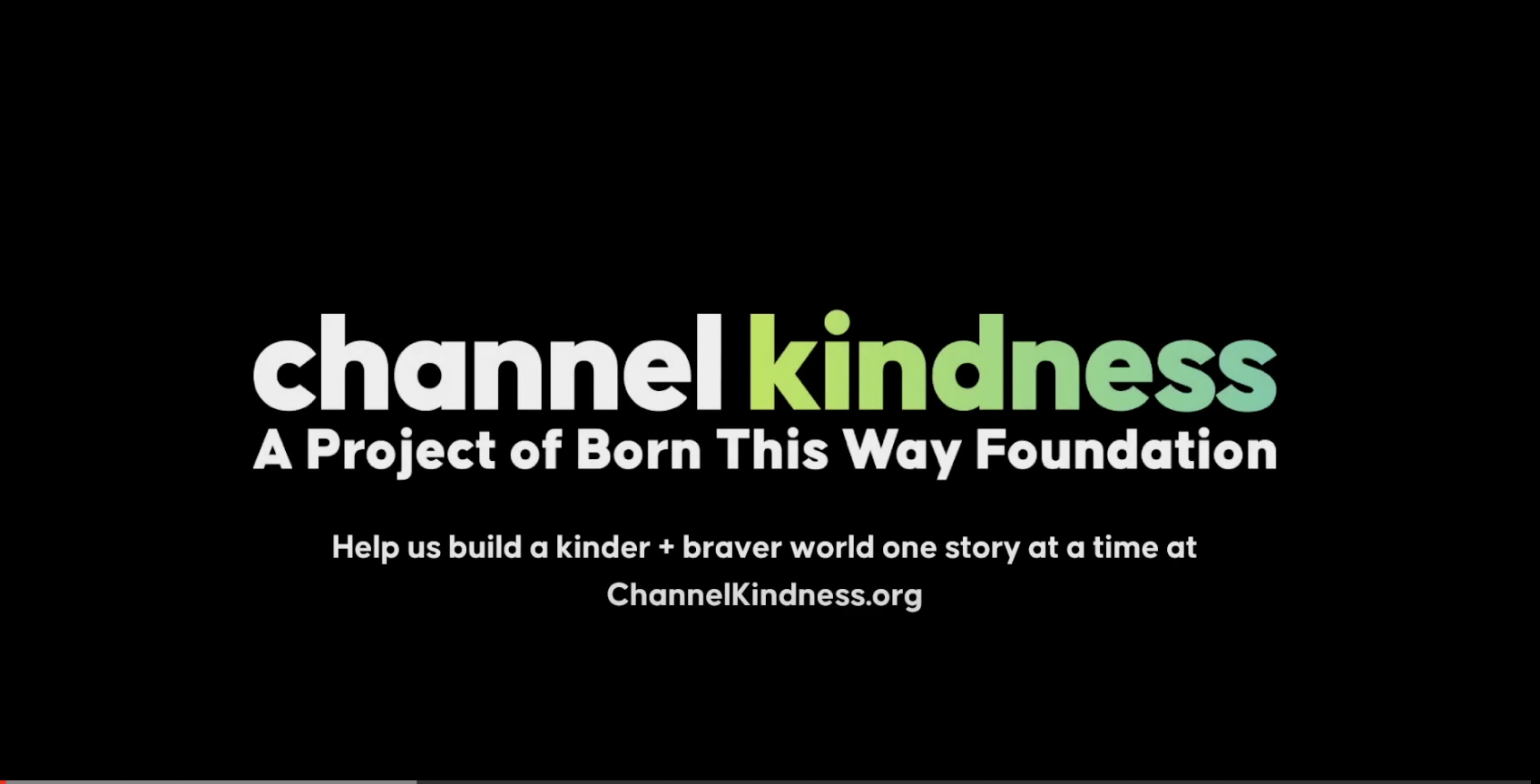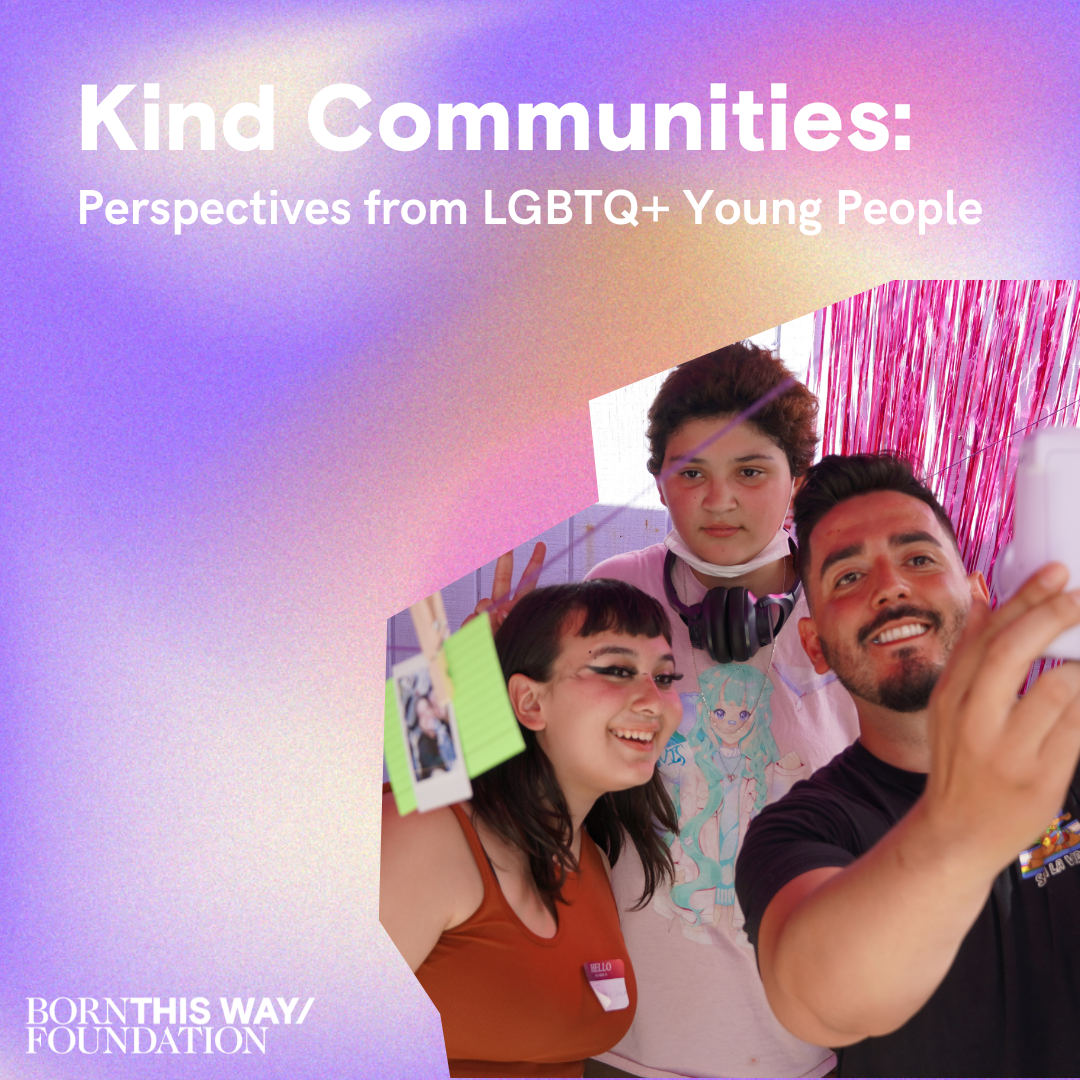The coronavirus pandemic has brought on a new environment for everyone, be it in the way we do business or how we interact with family, friends, and colleagues. There is a new normal forming within nearly every aspect of our lives. Despite the myriad uncertainties, the crisis has sparked unparalleled agility, innovation, and collaboration from the private sector to support the pandemic response.
Looking ahead, companies have an opportunity to shape the new normal by focusing on the immediate and long-term needs of their key stakeholders—from their employees to customers to communities. The pandemic has exposed a critical need for greater kindness and inclusivity, and businesses have a role to play in fostering these qualities within their organizations and the communities in which they serve.
That’s why the U.S. Chamber of Commerce Foundation’s Corporate Citizenship Center is supporting Lady Gaga’s Born This Way Foundation for its third annual 21 Days to be Kind Challenge. Inspired by the idea that habits are formed by repeating an activity for 21 consecutive days, the challenge calls on participants to practice an act of kindness each day from September 1 through September 21. The challenge, which will culminate on the United Nations International Day of Peace, is an opportunity for communities to establish kinder habits and to foster a spirit of compassion and action. The Chamber Foundation is just one of dozens of other companies, schools, nonprofits, and municipalities joining the Born This Way Foundation for its #BeKind21 Challenge, including the city of Las Vegas, Chopt Creative Salad Co., UGG, Active Minds, UNESCO, Florida Blue, Girls, Inc., Miami Dade College, and more.
So, how does an organization take principles of kindness and empathy and turn them into actionable programs that strengthen a business internally and externally within communities? Here are three ways companies can help bring the transformation the world needs as we combat the pandemic and beyond.
Prioritize Employee Mental Health
While CSR departments might traditionally focus on pre-determined issue areas for the upcoming year, the pandemic has led companies to apply an all-hands-on-deck mentality and tackle issues they may not have been focused on before. Organizations now have new priorities and responsibilities, in addition to existing ones.
When determining which issues to take on, companies can start at home by focusing on their employees and making sure that they have the support system they need to adapt to this new reality. Mental health is making headlines as the next pandemic we should prepare for. The current situation is taking a toll on employees and their families, and businesses can and are stepping up to help employees deal with increased stress and anxiety.
For example, companies like Deloitte are leading corporate-wide mental health initiatives to increase awareness and reduce stigma associated with mental health, as well as provide resources to help support employee well-being. Employers can act as champions for their employees’ needs, especially when it comes to issues such as mental health.
Foster Diversity and Inclusion Within Your Organization
Building an inclusive company culture has taken greater importance than ever before, especially as we adapt to remote settings and a distributed workforce. At all times, but particularly during times of crisis, it’s critical to ensure employees feel supported.
There’s also a business case behind building an inclusive company culture. Diversity, equity, and inclusion in the workplace are known to drive more creative, innovative, and productive outcomes.
There are many ways companies can build a culture of inclusion, by mitigating unconscious bias, strengthening diversity and inclusion hiring practices, and more. For example, AT&T has 12 employee resource groups and 13 employee networks with over 130,000 combined memberships that help the company achieve its annual goals and serve their communities. When it comes to accessibility, Microsoft places a strong focus on everything from their internal hiring practices, to partnering with policymakers to improve disability inclusion and accessibility for all.
Support Communities in Need During the Pandemic and Beyond
Over the last few months, the private sector has rapidly shifted its priorities to focus on supporting the communities that are suffering the most right now and will likely feel the effects long after this pandemic is over, such as small businesses and communities of color. Companies have stepped up to stimulate the local economy, support small businesses, increase employment opportunities, or provide aid to students and families in need.
For example, as part of their Shop Small campaign, American Express has committed $10 million to fund grants for Black businesses affected by COVID-19. Additionally, Comcast has pledged a $100 million, multi-year effort to battle systemic prejudices in America, focusing on significant internal and external measures that leverage their core competencies and strategic partnerships to make an impact.
The private sector has the opportunity to lead society through these uncertain times. If there was ever a time for companies to do right, it’s right now. I invite you to lead the charge by putting kindness into practice, and join the #BeKind21 Challenge to inspire others to do the same.





















